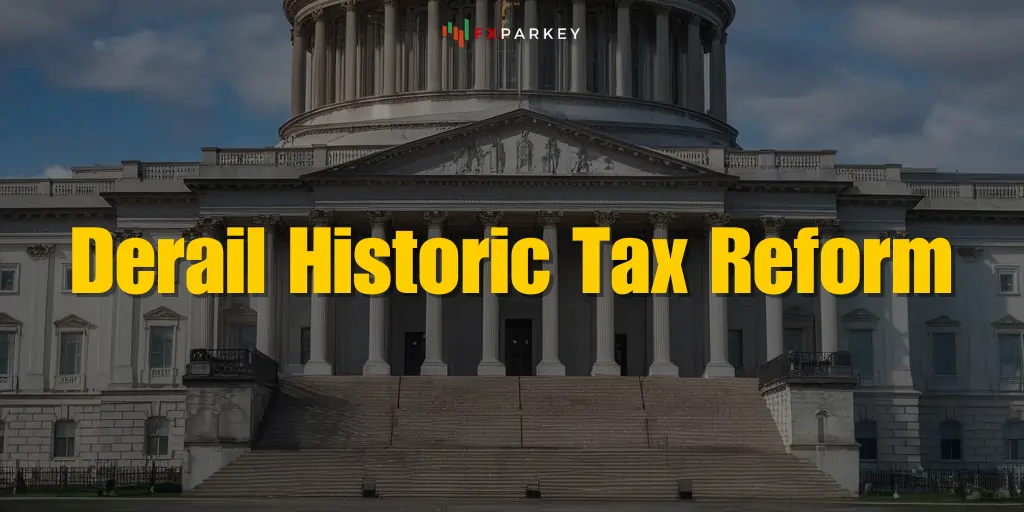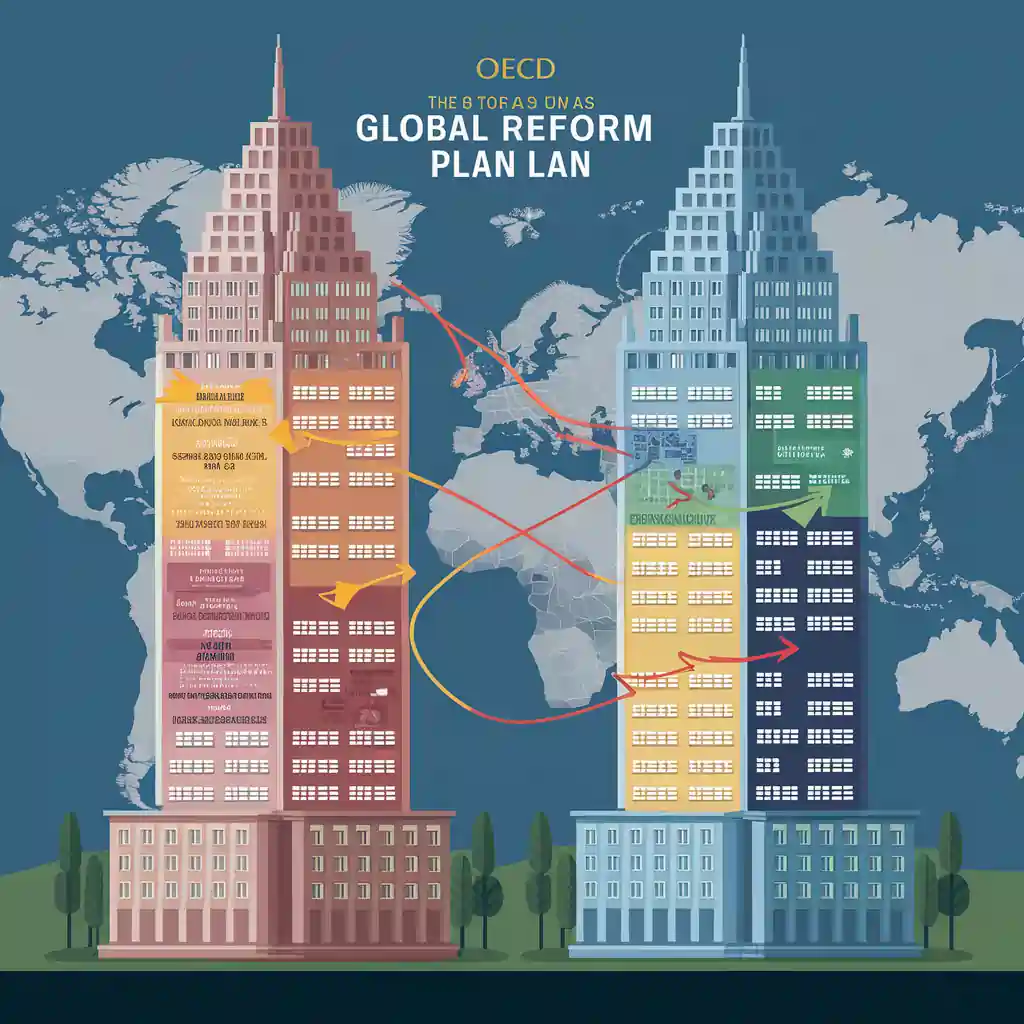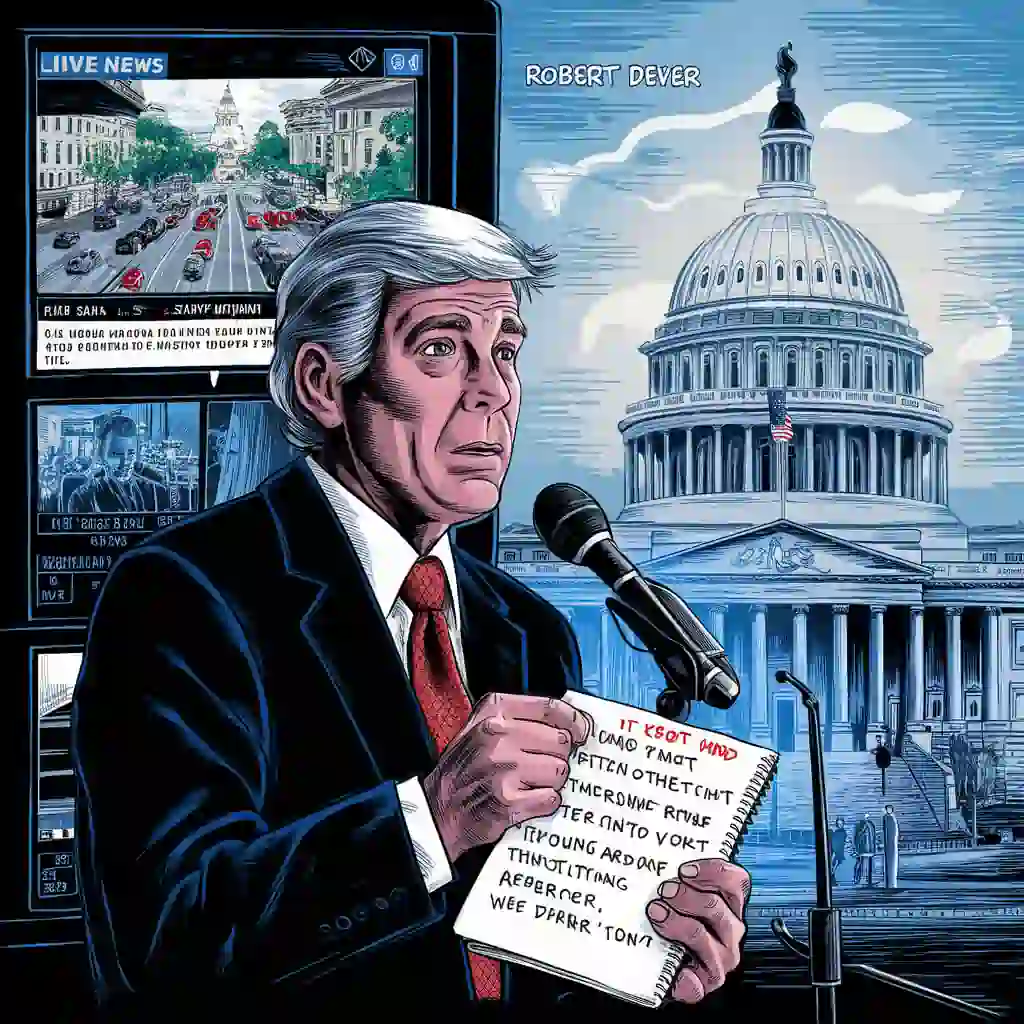The United States is getting cold feet on a hard-fought global tax reform agreement that aims to ensure large multinational companies pay their fair share of taxes. The Derail Historic tax reform, led by the Organisation for Economic Co-operation and Development (OECD), has been agreed to by over 130 countries. However, its implementation is now in jeopardy due to waning interest from the U.S.
Key Takeaways to Derail Historic Tax Reform

- The U.S. is a Derail Historic Tax Reform agreement to ensure large multinationals pay their fair share of taxes.
- The reform plan aims to reallocate income to where profits are made and introduce a 15% global minimum corporate tax rate.
- U.S. participation is crucial, but political deadlock in Washington is holding up the agreement.
- The fate of the reform hinges on upcoming U.S. decisions with global implications.
What is OECD?
The Organisation for Economic Co-operation and Development (OECD) is an intergovernmental organization founded in 1961 to stimulate economic progress and world trade. It consists of 38 member countries that are committed to democracy and the market economy.
The Two Pillars of Global Tax Reform

The OECD's global tax reform plan consists of two main components, known as Pillar One and Pillar Two.
Pillar One focuses on reallocating certain income to jurisdictions where profits are made, regardless of whether a company has a physical presence in that country. This is meant to ensure a fairer distribution of tax revenue, especially for poorer nations.
Pillar Two introduces a global minimum corporate tax rate of 15%, which would increase taxes on companies with earnings in low-tax jurisdictions. The goal is to discourage multinationals from shifting profits to tax havens.
The Vital Role of U.S. Participation

American participation is crucial for the success of this Derail Historic Tax Reform initiative. Many of the large multinational companies that would be affected by the new rules are headquartered in the U.S. Without the U.S. on board, a significant portion of the intended impact would be lost.
President Joe Biden has expressed support for the plan, but he lacks sufficient votes in the Senate to push it through. The political deadlock in Washington is holding the global agreement hostage. If Biden's predecessor and current presidential candidate, Donald Trump, who opposes the treaty, were to be elected, it could sound the death knell for the reform.
Are Tax Wars on the Horizon?
If the global tax reform agreement fails to materialize, countries are likely to revert to competing against each other on taxation using their own domestic rules. This could lead to a “tax war” of sorts, with nations implementing unilateral digital services taxes to fill the revenue gap.
Several countries, including Canada, New Zealand, and Kenya, have already begun this process – the very outcome the global agreement was designed to prevent. American tech giants like Google and Facebook would bear the brunt of such digital services taxes, potentially leading to heightened trade tensions and punitive actions from the U.S.
America Holds the Key to Tax Fairness

The success of the Derail Historic tax reform deal now hinges on the U.S. The OECD estimated that the new rules would cover over 90% of the global corporate income tax base, but this hinges on American participation.
As the political situation in Washington continues to evolve, the fate of this unprecedented effort in international tax cooperation remains uncertain. The world watches and waits to see if the U.S. will ultimately choose to be a leader in ensuring fair taxation in an increasingly globalized economy, or if narrow domestic interests will win out, unraveling years of painstaking multilateral progress.
The hard-fought Derail Historic Tax Reform is at a critical juncture, and the decisions made in the coming months will have far-reaching implications for countries and companies around the world. Will the U.S. step up to the plate and help usher in a new era of equitable taxation, or will it be the stumbling block that brings the whole endeavor crashing down? Only time will tell.






